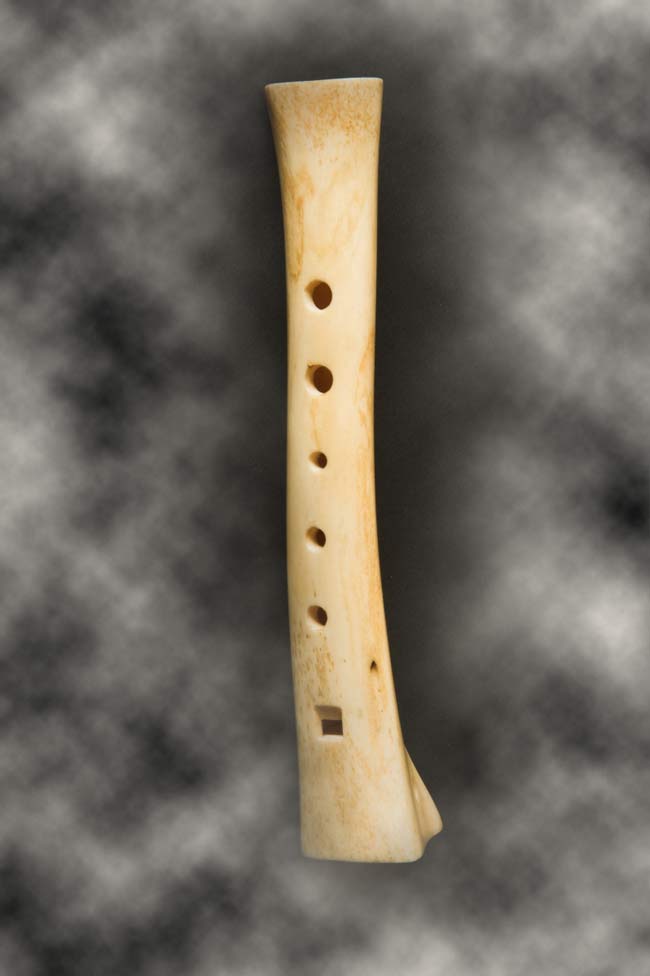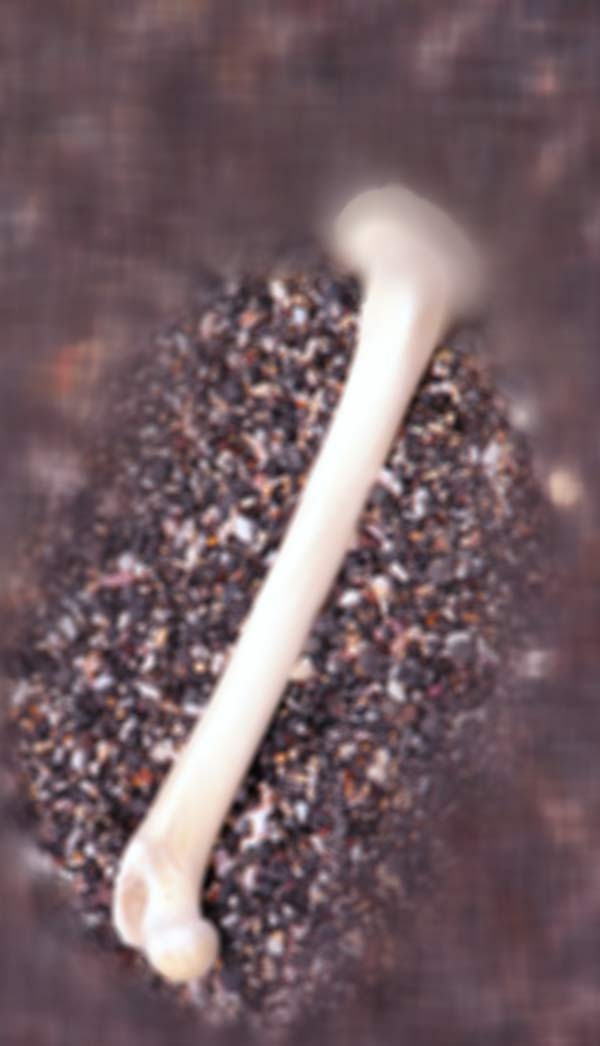The Human Growth Hormone or HGH is essential in promoting bone growth during childhood, but it also affects glucose metabolism, bone mineralization and body composi tion later in life.
tion later in life.
In fact, several studies have shown that HGH can speed up bone turnover, and the insulin-like growth factor or IGF-1 serves as its key effector for osteoblasts.
For individuals who are suffering from growth hormone deficiencies, some biochemical and clinical abnormalities can be observed. Primarily, a deficiency can negatively impact mineral metabolism, lipid metabolism, cardiovascular system and one’s total well-being.
In scientific studies, adults who are deficient with HGH also suffer from poor bone mineral density, as compared with individuals who do not have any deficiencies.
Fractures are also up to 3 times higher among patients with human growth hormone deficiency.
HGH and Bone Density
Bones rely on calcium for density and strength. However, aging can lead to hormonal changes, which have an implication on the amount of calcium that is absorbed and deposited in the bones. As a result, the bones becomes lighter, thinner, and more brittle. This condition can increase one’s chances of developing bone injuries and fractures. Older adults and individuals who follow a poor diet are the ones more prone to these health concerns.
- From birth to 30 years of age, the human growth hormone is responsible for ensuring the density of bones. Once a person ages, the amount of HGH in the body begins to decrease, and this causes poor bone mineralization. Over time, this makes anyone more susceptible to osteoporosis due to brittle and more porous bones. Thus, proper supplementation of vitamin D and is necessary to prevent this bone condition.
In addition to supplementation of calcium and vitamin D, there are other things that one can do to improve bone density. These include regular exercise and a wholesome diet, particularly consumption of foods that are rich in vitamins and minerals responsible for strong and dense bones.
- HGH supplementation can also promote bone density, which makes it an indispensable method to preventing fractures and injuries in older individuals.
Studies and Evidences on the Link of HGH and Bone Density
Various studies prove how bone density is affected by human growth hormone. For instance, a scientific study featured in the Journal of Clinical Endocrinology and Metabolism showed how hormone therapy among women over 60 years old helped enhance their bone mineral density. The study involved women between 65 and 77 years of age, and it was a placebo-controlled, randomized clinical trial and double-blind study conducted for three years.
HGH bones density study
- Another study included 10 males and 2 females who have isolated cases of growth hormone deficiency. These study participants were given growth hormone supplements by injecting 0.125 IU per kilogram a week for a period of 4 weeks, and 0.25 IU per kilogram a week for a year in a placebo-controlled and double-blind manner.
After six monthly intervals, the spine’s bone mineral density was measured using quantitative computed tomography. Researchers have discovered that the bone mineral content found on the forearm, including the mid-thigh muscle has increased and there is a decrease in the fat cross-sectional area. These all occured when the study participants were in the active treatment stage. The results obtained showed how the human growth hormone has an effect on the integrity and density of the skeleton among adults.
The pituitary gland releases HGH into the blood stream, and the liver stimulates the hormone to produce the IGF-1 for normal metabolism and protein synthesis. Researchers have discovered that individuals who consume protein-rich foods regularly significantly increase their bone mass density since this nutrient helps regulate calcium absorption. HGH works by increasing the demand for protein, which affects better supply of calcium in the body.
Considering the link between HGH and bone density, it is important to maintain the right level of this hormone through supplementation. By doing so, bone fragility, injuries and fractures can be prevented while enhancing bone mineralization.
Leave a Reply